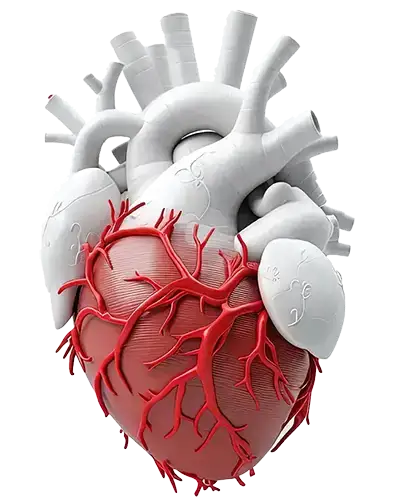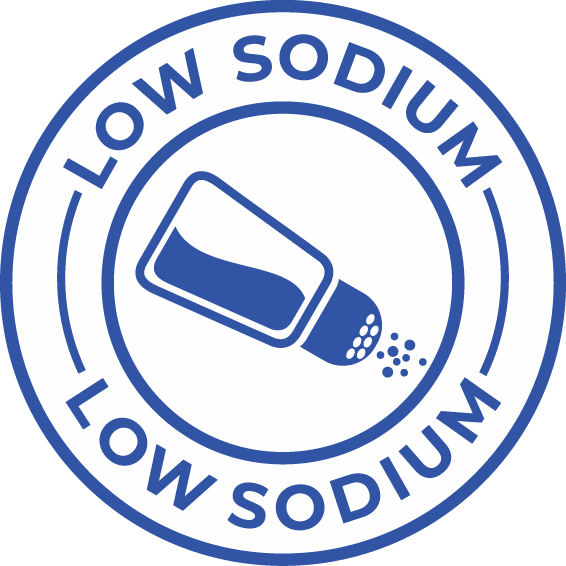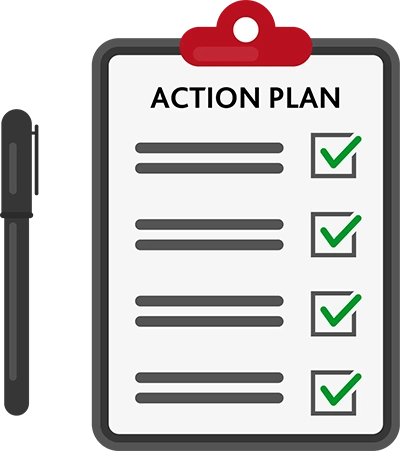
You are about to leave ChooseUltimate.com
This link will open in a new window. Do you wish to continue?
We look forward to serving you. We want your experience with us to be great. We promise to serve and care for you in the same way we would want our family to be treated.
Heart failure is a chronic condition where the heart muscle doesn’t pump well enough to meet your body’s demands. When this happens, your body doesn’t get enough oxygen at times. This can lead to other symptoms. (5)

Medical management of Congestive Heart Failure can include a variety of treatments based on your doctor’s assessment and your symptoms. Some common treatment options can include: (5)
A low sodium diet may be one of the most important things you can do to manage Congestive Heart Failure disease. Excess salt can cause fluid retention in your body. This has an immediate impact on your heart’s ability to pump. Salt makes it harder for your heart to pump the extra fluids in your body. Removing excess salt from your diet can drastically improve your outcomes with Congestive Heart Failure.
Educate yourself on the salt in your diet. Many foods have hidden salt that can negatively impact your condition. Click here for more information on a healthy heart diet that limits excess salt. (1)

Plan
Stay Organized
Keep it Simple

Some common examples of energy conservation that can positively impact your day:
Self-management of Congestive Heart Failure can greatly impact your quality of life and keep you healthy at home. Self-management activities compliment your doctor’s medical management plan.
Understanding your diagnosis can provide you with information to make the best decisions for your health and quality of life. Here are some suggestions to ask your doctor with your next visit:
These resources and tools can help you stay healthy while managing Congestive Heart Failure.
Low Sodium Diet: American Heart Association Low Sodium Diet Education can be found here. (1)
Self-Management Tracker: American Heart Association has a great tracker that can keep you healthy at home. Download it here. (4)
Congestive Heart Failure Education: American Heart Association has a comprehensive education booklet that can be found here. (2)